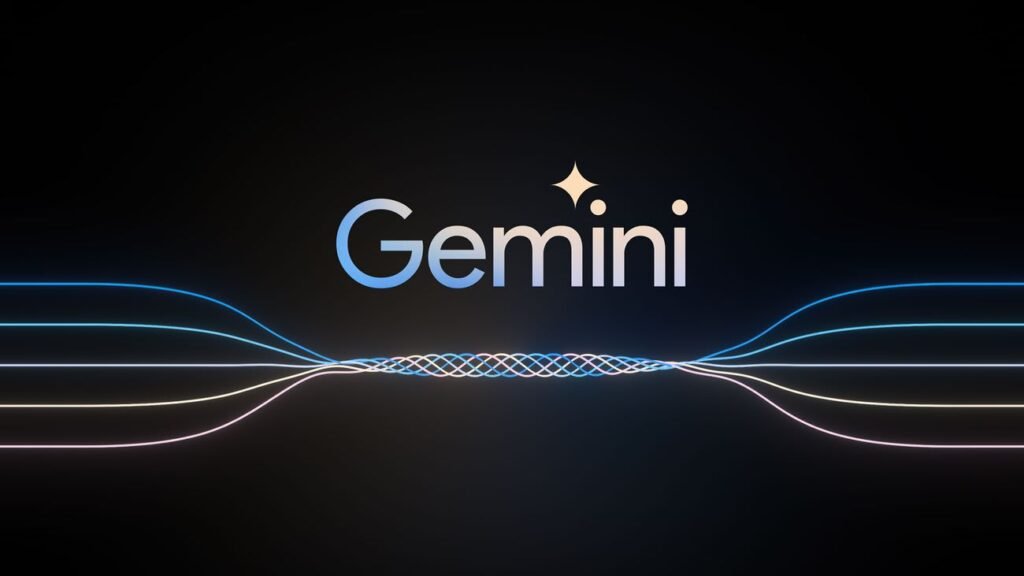One of the most notable changes in Samsung’s latest smartphones is the default switch from Bixby to Google Gemini when users long-press the side button. This transition marks a significant improvement for Samsung users, as Bixby, originally designed for device navigation rather than internet queries, never quite matched the capabilities of competing virtual assistants like Alexa, Google Assistant, and Siri.
A Strategic Win for Google
The integration of Gemini into Samsung devices is a major step forward for Google. Despite being initially caught off guard by the launch of ChatGPT, Google has quickly rebounded. CEO Sundar Pichai has expressed confidence that Gemini has surpassed its competitors and aims to reach 500 million users by year-end, with Samsung phones serving as a key distribution channel.
Gemini’s widespread accessibility on popular Android devices introduces a vast new user base, enhancing its capabilities through increased interactions and data collection. This cycle of user engagement leading to better AI functionality is a proven strategy that Google has leveraged successfully in the past.
Dominance Through Distribution
Currently, Gemini stands out as the most capable virtual assistant, benefitting from its deep integration across Google’s ecosystem. While other AI assistants such as ChatGPT, Claude, Grok, and Copilot offer strong underlying models, their lack of seamless integration and the need for manual access through apps put them at a disadvantage. In contrast, Gemini’s presence as a built-in feature makes it more convenient and accessible, providing a significant competitive edge.
A Declining Virtual Assistant Landscape
The traditional virtual assistant market, once dominated by Alexa, Google Assistant, and Siri, is undergoing a transformation. Amazon’s delayed updates to Alexa and Siri’s incremental improvements have left a gap that Gemini is well-positioned to fill. Google’s ecosystem advantage allows it to integrate AI deeply into its products, from Gmail to Google Drive, further strengthening its market position.

Enhanced Capabilities and Future Prospects
Google is leveraging its vast ecosystem to embed Gemini into Workspace applications, YouTube, and search functions. As smartphones continue to be the primary AI devices, Gemini’s seamless integration across Android gives it a unique edge. Features like Gemini Live offer fluid conversational interactions, further enhancing the user experience.
Despite its advancements, Gemini and other AI assistants still face challenges such as misinformation and limited integration in certain areas. However, Google’s focus on user engagement and data-driven improvements positions it well for continued growth.
Conclusion
With its vast distribution network and deep integration across devices and platforms, Google is poised to dominate the AI assistant market. While competitors like ChatGPT captured initial attention, Google’s strategic distribution and ecosystem advantages make Gemini the frontrunner in the next-generation assistant wars.




